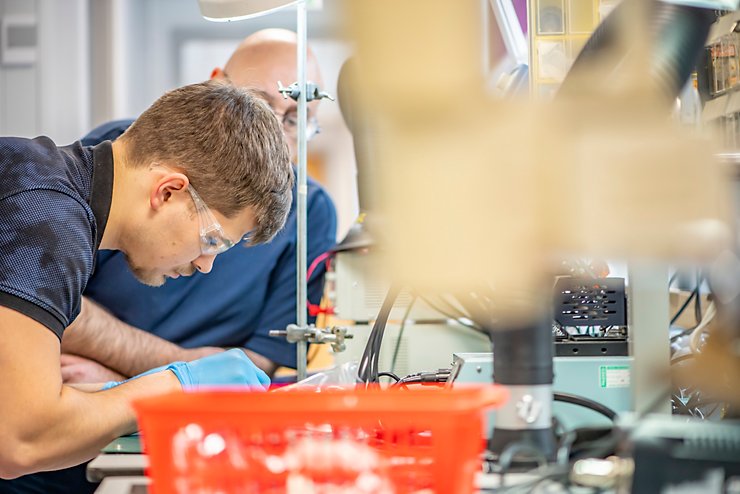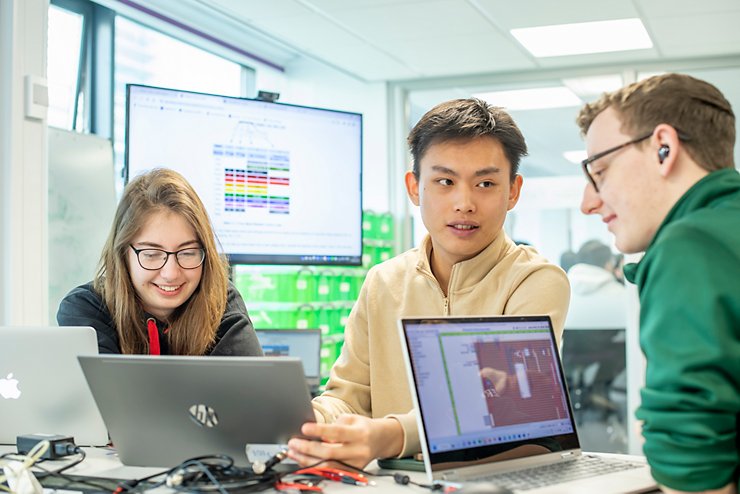Compulsory year abroad
On this course, subject to you meeting the relevant requirements, your second academic year will be spent studying at University of Nottingham China or University of Nottingham Malaysia. The curriculum is exactly the same as that of the UK and all teaching is in English. Your year will be spent studying core modules, and depending on the subject specialisms you have selected, appropriate optional modules.
Please note: In order to undertake a compulsory year abroad, you will need to achieve the relevant academic requirements as set by the university and meet the selection criteria of both the university and the international campus. The international campus is under no obligation to accept you even if you do meet the relevant criteria. If you do not secure a year abroad opportunity, you will be transferred to the version of the course without the compulsory year abroad element, and you will complete all years of study at University of Nottingham, UK.
Important information
Please be aware that study abroad, compulsory year abroad, optional placements/internships and integrated year in industry opportunities may change at any time for a number of reasons, including curriculum developments, changes to arrangements with partner universities or placement/industry hosts, travel restrictions or other circumstances outside of the university’s control. Every effort will be made to update this information as quickly as possible should a change occur.
Compulsory year abroad
On this course, subject to you meeting the relevant requirements, your second academic year will be spent studying at University of Nottingham China or University of Nottingham Malaysia. The curriculum is exactly the same as that of the UK and all teaching is in English. Your year will be spent studying core modules, and depending on the subject specialisms you have selected, appropriate optional modules.
Please note: In order to undertake a compulsory year abroad, you will need to achieve the relevant academic requirements as set by the university and meet the selection criteria of both the university and the international campus. The international campus is under no obligation to accept you even if you do meet the relevant criteria. If you do not secure a year abroad opportunity, you will be transferred to the version of the course without the compulsory year abroad element, and you will complete all years of study at University of Nottingham, UK.
Important information
Please be aware that study abroad, compulsory year abroad, optional placements/internships and integrated year in industry opportunities may change at any time for a number of reasons, including curriculum developments, changes to arrangements with partner universities or placement/industry hosts, travel restrictions or other circumstances outside of the university’s control. Every effort will be made to update this information as quickly as possible should a change occur.






